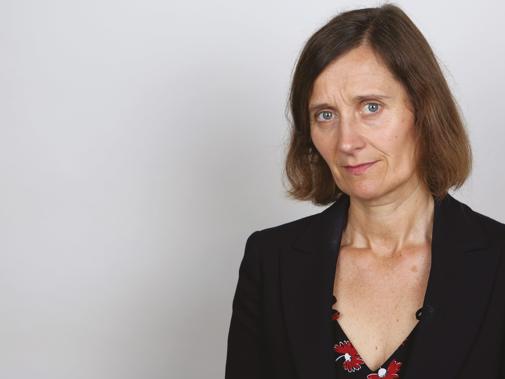We’re all familiar with the old aphorism ‘a medical career is a marathon, not a sprint’. Yet we embark on this journey without considering the stress to our mental wellbeing, or structured reflection on how those stresses will affect us as individuals.
Are you a perfectionist? – that’s going to be difficult at the moment when we are trying to cope with the anticipatory anxiety of a COVID surge while catching up with the backlog of patients waiting far too long for help. Are you self-critical? – the only doctor who doesn’t make mistakes is the one who doesn’t make clinical decisions. Do you have anger issues? – that won’t play out well with your colleagues and patients. Do you find it difficult to ask for help? – potentially dangerous for patients and for you.
So, we should all think about ourselves and recognise where we might be to keep ourselves surviving and thriving in the maelstrom of medicine.
And what strategies do you have to deal with tough times? When a complaint arrives, or a letter from the GMC, or you are bullied in job planning? This is an area that needs very careful thought. Just as you would never plan a patient’s management without having a clear idea of future risks, so you should not embark on this most challenging of careers without knowing what to do when things get tough.
Clearly, the culture of the NHS needs to change. We are underpaid, bullied and overworked with a lack of autonomy which is unrecognisable from when I first became a consultant 22 years ago. Huge inequalities exist for BAME (black, Asian and minority ethnic), women, and disabled doctors. But while the BMA must fight vigorously to change this, let me share the things that have helped me stay relatively sane and content during most of my career.
With five children, my competitive and perfectionist personality quickly came under pressure. After my first child I returned to work far too soon and spent whole ward rounds crying in the toilet – it took me ages to work out I might be depressed, and my GP about 30 seconds to tell me to take a week off.
Things then went well until after my fourth child when I dreaded returning to sleepless nights on call as well as with the children. I nearly left the profession and it was only when I told my medical director I was leaving if I couldn’t change my job plan that I was able to keep going with fewer out-of-hours commitments.
I never recognised the continual anxiety I suffered from was not normal, and that many colleagues were actually able to sleep when on call from home rather than lying awake in a state of ‘fight and flight’.
It is poignant that suicide in doctors is rising fastest in women, and that the Practitioner Health Programme is seeing increasing calls from women aged 30 to 39. Men and women need help now, no one is immune, and our BAME colleagues are particularly at risk.
So, what has worked for me? My anxiety is now effectively treated. I play my violin. I have lessons and I play in an orchestra and in a church every week. I find it so difficult, I have to concentrate completely and intrusive thoughts about work fly away.
I have a dog – Jumble – who is just adorable and when I’m cuddling him I relax completely. I’ve developed a portfolio career so as I’ve got older I’m not in the ‘eye of the clinical storm’ without breaks, and over the last 10 years embraced medical politics which I find challenging and fascinating.
I’ve given up worrying about uncomfortable clothes and my appearance so much, which has taken a lot of pressure off me. I try hard to look after myself physically, although I battle with laziness and the lure of my sofa. I accept that I enjoy bad literature and ridiculous TV programmes. And I aim to be as kind to myself as I would be to a unhappy friend, when the responsibility and uncertainty of medicine weighs heavy on me, while fighting on the BMA consultants committee for an NHS that doesn’t put its employees at such a significant risk of burnout.
Helen Fidler is BMA consultants committee deputy chair

